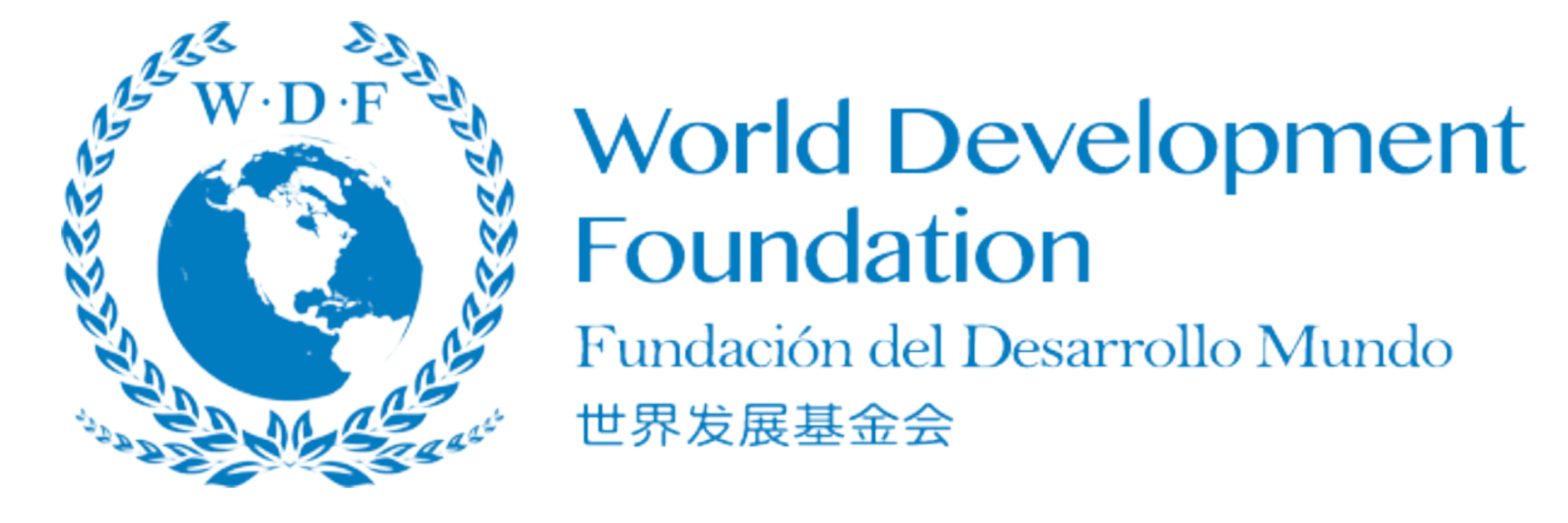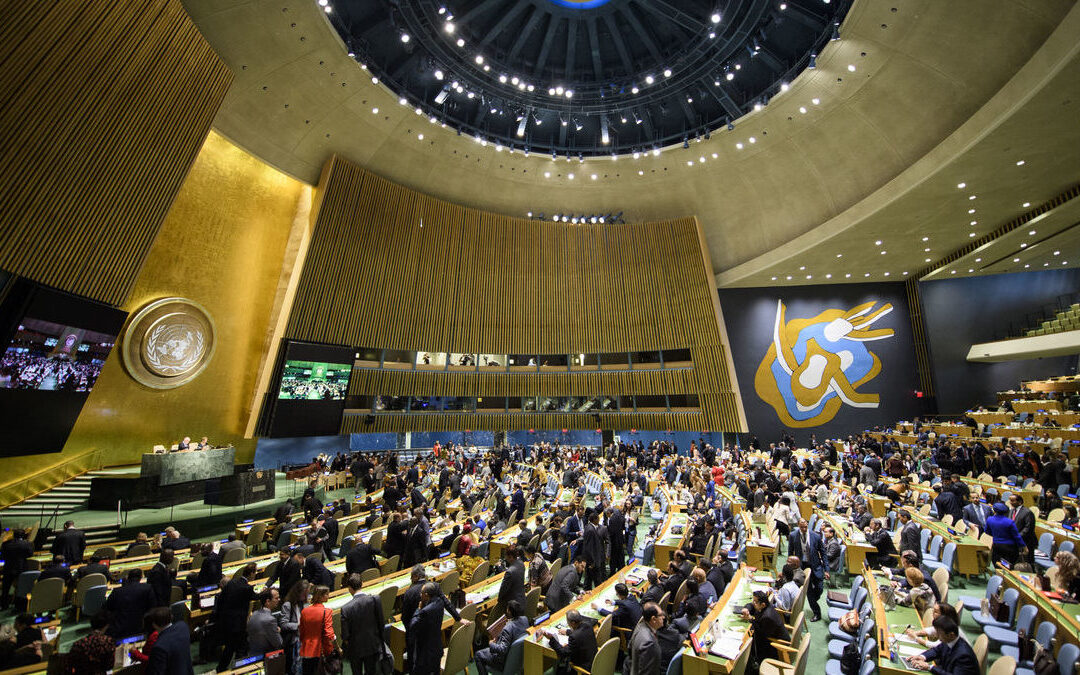New York, September 13 – The United Nations General Assembly has opened its 77th session while urging its 193 member states to work out global solutions for the series of crises threatening the world, from the war in Ukraine and climate disasters to high inflation and famine.
The annual session expects more than 90 presidents, over 50 prime ministers and dozens of ministers to attend the political debate on September 20-26. The number of top politicians to be present in New York will be known later as many of them have to attend the funeral of Queen Elizabeth II in London on September 19. Ukrainian President Volodymyr Zelensky will speak in person on September 21.
The UN Security Council planned to hold a debate on the war in Ukraine on September 22 to be attended by national leaders of the council’s 15 countries.
The assembly session under the theme – A watershed moment: Transformative solutions to interlocking challenges – reflects the intense and critical time the world went through since the Covid-19 pandemic struck beginning of 2020. While the pandemic was raging, the Russian war in Ukraine and subsequently the humanitarian and economic challenges worsened.
“It is therefore necessary to find and focus on joint solutions to these crises and build a more sustainable and resilient world for all and for the generations to come,” the UN said as an overview of the annual session.
UN Secretary-General Antonio Guterres said in an opening address to the assembly that many of last year’s challenges are still festering in the current session.
“We face a world in peril across our work to advance peace, human rights and sustainable development,” he said. “From conflicts and climate change. To a broken global financial system that is failing developing countries.To poverty, inequality and hunger. To divisions and mistrust.” But he said, “The United Nations is the home of co-operation.”
The president of the 77th session, Csaba Kőrösi of Hungary, said, “The world is looking to the United Nations for answers. As the Organization’s chief deliberative body, the General Assembly bears a special responsibility.”
“My team and I will do our best to push for “solutions through solidarity, sustainability and science” – the motto I have chosen for this presidency.
“It is my intention to stand firm on the principles of the United Nations Charter, which brought us together 77 years ago – and which hold us together today. Anchored in international law, they provide us with a solid foundation from which to build.
From here, I wish to pursue integrated approaches and enhance the role of science in our decision-shaping.”
Summit on Transforming Education
World leaders are called to make ambitious commitments to transform education during a summit (September 16, 17 and 19) as the pandemic, lockdowns and other situations like inequalities in some countries have kept millions of children out of school.
The UN chief convened government leaders, youths and non-governmental organizations to attend the Summit on Transforming Education to step up efforts to achieve goal 4 (education), one of the 17 the Sustainable Development Goals.
The UN Educational, Scientific and Cultural Organization (UNESCO) said inequalities in access to education have kept some 244 million children out of the classroom. It said that number includes 98 million children in sub-Saharan Africa and 85 million in Central and Southern Asia region.
“No one can accept this situation,” said Audrey Azoulay, the UNESCO Director-General, underlining the need to respect every child’s right to education. “In view of these results, the objective of quality education for all by 2030, set by the United Nations, risks not being achieved. We need a global mobilization to place education at the top of the international agenda.”

